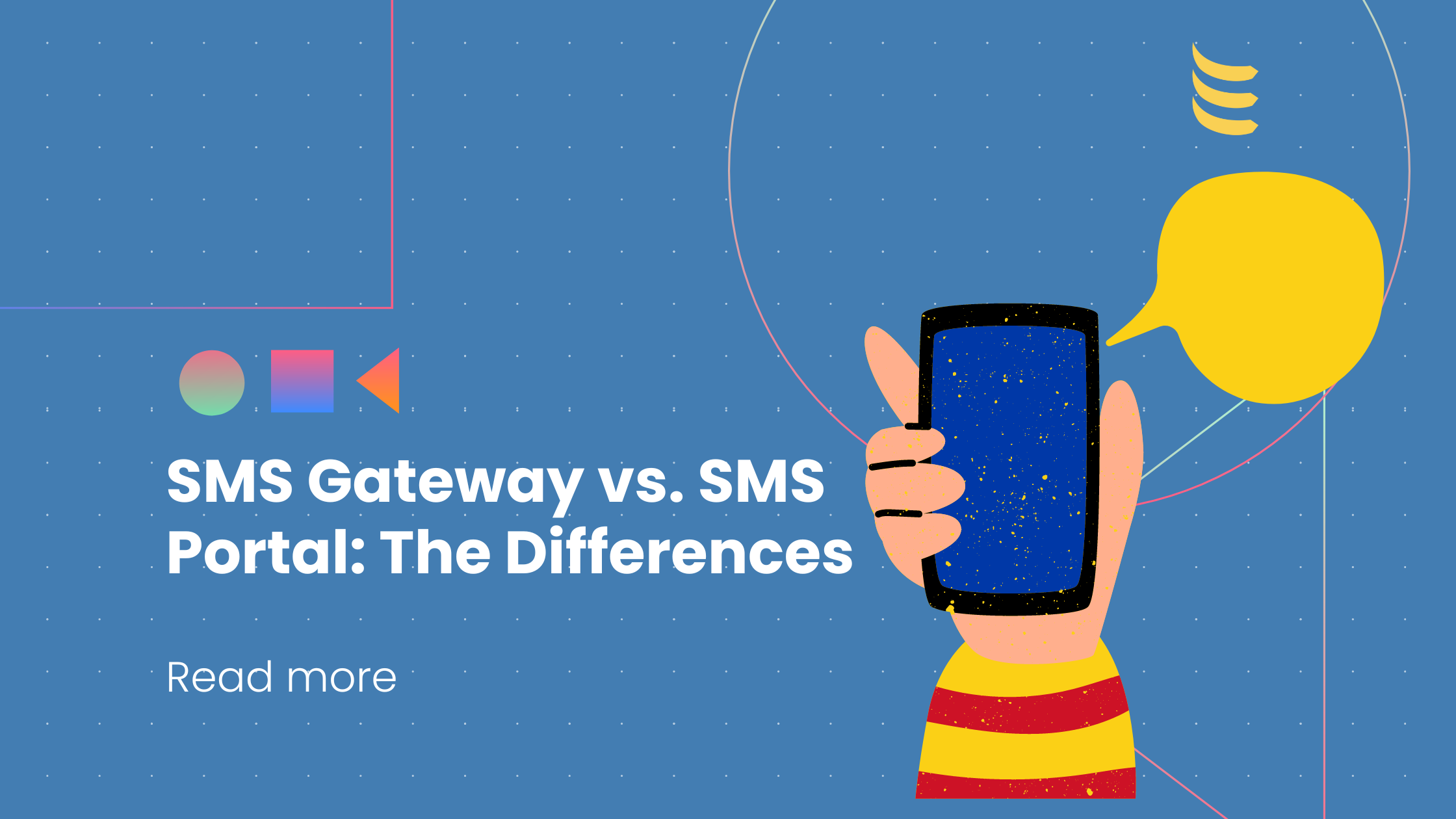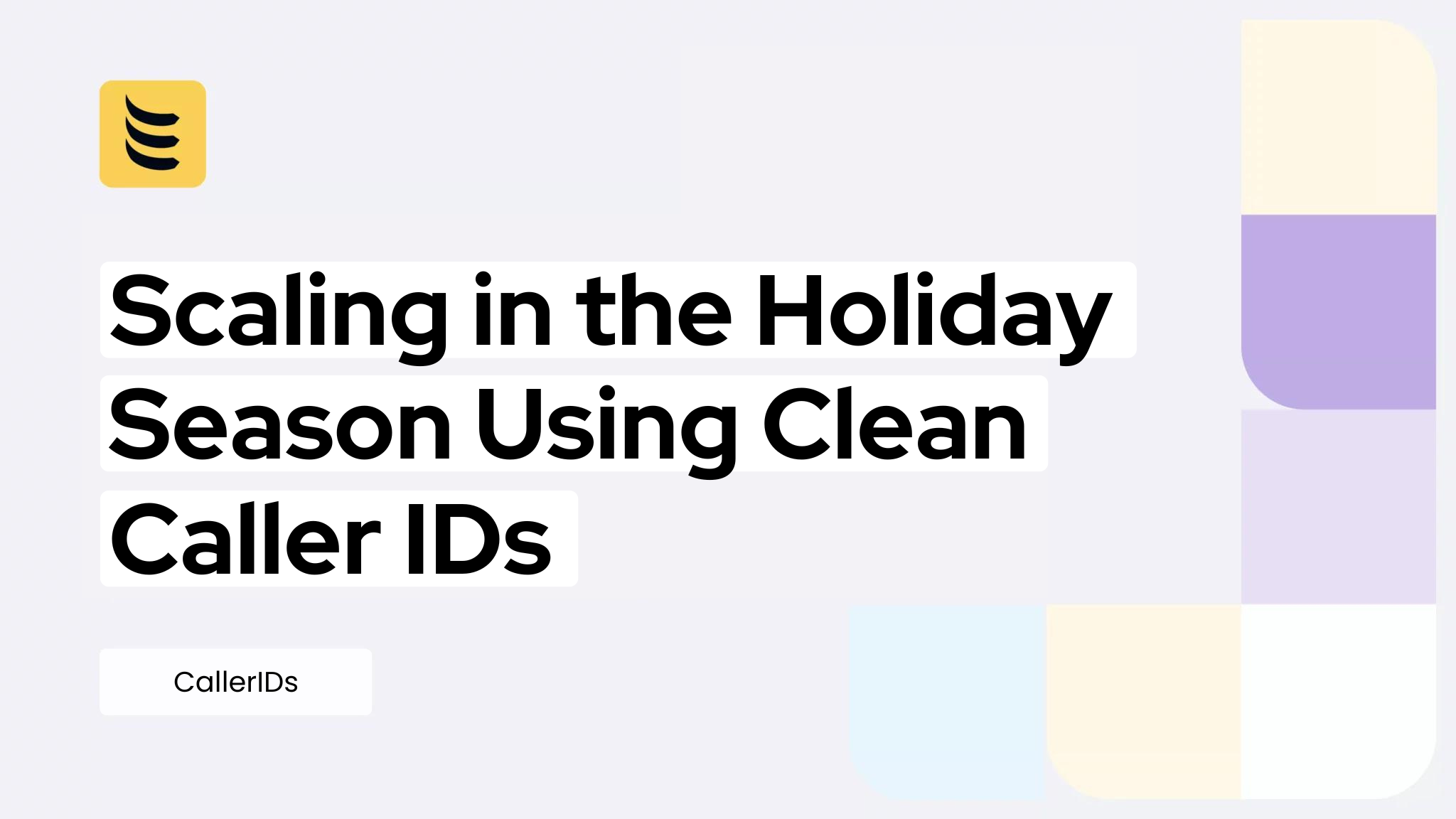Since its emergence in the early 1990s, short message service or SMS text communication has continued to act as a standardized and popular communications protocol that unites phone, web, and mobile communication systems. Though most SMS transmissions are mobile-to-mobile text messages, support for the service has expanded to include other mobile technologies, such as satellite and landline networks.
Acceptance rates for SMS communication remain significantly high, with recipients typically opening 98% or more of the text messages arriving in their inboxes – some four times higher than the acceptance rate for email messaging. Typically, recipients will open around 90% of the text messages they receive within three minutes of delivery.
SMS messaging also offers the benefit of near universal accessibility and offline availability. Both conventional handsets and smart digital devices can send and receive SMS, which does not require an internet connection. SMS thus provides a communications channel suitable for users of all ages and skill levels.
For commercial enterprises and institutions, this makes SMS text an ideal medium for marketing and information dissemination. Services like bulk SMS (which enables organizations to simultaneously transmit a text message to thousands or even millions of targeted recipients) make it possible for businesses to stage mass promotions and lead generation campaigns, as well as providing a channel for notifications, user authentication, and other customer-facing processes.
In the commercial sector, you’ll often hear the terms “SMS gateway” and “SMS portal” in reference to text messaging. We’ll be outlining the definitions of these terms and highlight the differences between them in this article.
What Is an SMS Gateway?
An SMS gateway is a technology medium which enables a computer or software application to send and receive SMS text messages to and from an SMS-capable device (such as a mobile phone) over the global telecommunications network. SMS gateway technology translates the messages sent and makes them compatible for delivery over telecoms networks so that they can reach their intended recipients.
Early SMS gateway deployments were physical pieces of hardware with SIM cards and embedded radios which had to be individually connected to mobile phone networks in order to send text messages.
Modern SMS gateways usually route SMS text messages to the telecommunication networks through an SMPP interface. SMPP stands for short message peer-to-peer, which is a protocol for exchanging SMS messages between short message service centers (SMSCs) and/or external short messaging entities (ESMEs). Telecom networks will expose an SMPP interface either directly, or via an aggregator that sells messages to multiple networks.

Computer systems can interact with an SMS gateway using a web page or software, in a scenario where customers upload their messages and list of phone numbers. Alternatively, software developers may use an application programming interface or API to interact with an SMS gateway.
Specifically, an SMS API is a set of protocols and tools that enable software applications to send and receive SMS text messages programmatically. This allows developers to integrate SMS functionality into their own applications, websites, or systems, facilitating the automation of SMS communication.
Since modern SMS gateways typically connect to mobile networks using protocols like HTTP or SMPP, users can send messages to recipients regardless of the network used, or the location of the contact (so long as the SMS gateway provider has coverage in the recipient’s geographical region). For organizations with subscribers or customers who use a variety of mobile networks, an SMS gateway enables the enterprise to connect just once and send the message to all customers simultaneously, rather than having to connect individually with each mobile network.
This arrangement makes SMS gateway technology ideal for bulk SMS marketing and communications, where businesses and institutions can simultaneously transmit the same message to a large and targeted audience of recipients. There are two types of SMS gateway which are typically used for this purpose.
An email to SMS gateway allows email messages to conform with the technical requirements of SMS communications. This means that businesses can send SMS text messages from a mobile phone to email inboxes, and vice versa.
A web to SMS gateway enables businesses to send SMS and multimedia message service (MMS) messages to recipients’ mobile phones via a web application. This type of SMS gateway provides a bridge between mobile phones and web applications. It is therefore often used in application-to-person or A2P SMS messaging, where a business SMS or enterprise SMS software system communicates with message recipients. A2P SMS is typically a one-way avenue of communication, used for issuing alerts and notifications, or one-time passwords (OTPs) for customer verification and the completion of transactions.
What’s an SMS Portal?
In simple terms, an SMS portal is a web-based system that provides the functions and features necessary for authorized users to send SMS messages to intended recipients. This arrangement enables businesses and institutions to send SMS messages from network-connected devices. Typically, no external software is required—users can simply log in to the SMS portal and start communicating.
An SMS portal typically provides more advanced and efficient text-messaging options than standard mobile messaging. These may include features like message scheduling, two-way communication with consumers, bulk SMS, specialist marketing customizations, and a range of phone number options. This functionality can enable SMS portal users to send out notifications, conduct marketing campaigns, issue authentication requests, send out payment confirmations, deliver appointment reminders, and so on.
A good SMS portal will provide productivity features to streamline the communication process. For example, these might include the ability to merge fields and contact groups and create message templates to distribute bulk SMS campaigns more quickly and efficiently. Features like autoreply, automatic opt-out, and keyword triggers may also be available to facilitate two-way SMS communication with subscribers.
An SMS portal solution may also include campaign monitoring and analytics tools to help users optimize their SMS marketing efforts. For example, tools may be available for measuring open rates, click-through rates (CTR) for embedded links, delivery reports, etc.
Key Differences Between an SMS Gateway and an SMS Portal
The web software that an SMS portal users will typically rely on an SMS gateway to convert messages into SMS format and distribute them to recipients, routing them through various phone networks.
This fact highlights the key difference between an SMS gateway and an SMS portal.
An SMS gateway provides the enabling technology that makes bulk SMS transmission possible across a diverse range of mobile communication networks and localities. An SMS portal provides the enabling environment that users can exploit to make the most out of their SMS marketing and communication efforts.
| Feature/Aspect | SMS Gateway | SMS Portal |
|---|---|---|
| Definition | A system that facilitates the programmatic sending and receiving of SMS messages via APIs. | A web-based platform for manually sending and receiving SMS messages. |
| Primary Use Case | Automation and integration of SMS into software applications, websites, or CRMs. | Direct manual sending of SMS campaigns or messages by users through a user-friendly interface. |
| Target Audience | Developers, businesses with tech teams, or those requiring API integration. | Marketers, business managers, or individuals with no technical expertise. |
| Integration | Requires integration with software via APIs (REST, SMPP, etc.). | No integration required; accessible via web browser. |
| Ease of Use | Requires technical skills to set up and maintain. | Easy to use, designed for non-technical users. |
| Customization | Highly customizable; enables automation and dynamic messaging workflows. | Limited customization options; typically offers predefined templates and features. |
| Volume Handling | Handles high-volume SMS traffic, often used for transactional or bulk SMS. | Suitable for small to medium-scale campaigns. |
| Features | Supports advanced features like two-way messaging, delivery reports, and API access. | Offers basic features like contact list management, templates, and scheduling. |
| Scalability | Highly scalable for enterprise-level usage. | Limited scalability; mainly suited for SMBs or one-off campaigns. |
| Examples of Use | Sending OTPs, transactional notifications, promotional bulk messages via automated systems. | Running small marketing campaigns, sending manual notifications to a contact group. |
Final Considerations
An SMS API can enable SMS integration and bring the functionality and convenience of an SMS portal to your existing software and business systems.
IDT is one of the world’s most trusted global telecom partners and a leading voice connectivity provider in the industry. As a division of IDT Corporation, IDT Express is focused on delivering wholesale Voice, DIDs, and Global A2P SMS services to small—and medium-sized businesses worldwide.
A2P SMS is quickly becoming a preferred channel for enterprises to engage customers in a personalized, timely and efficient manner – so now more than ever, you need a reliable connectivity provider. IDT Express offers a secure, highly reliable Wholesale SMS gateway service enabling businesses to provide outbound one-way A2P communications. IDT’s state-of-the-art platform adheres to the highest security and operational standards.
With the IDT Express SMS API, you can seamlessly build customer journeys by fostering interactive conversations, all within the framework of your app. Swiftly integrate IDT’s carrier-grade platform into your current systems or applications via a user-friendly wizard-driven code generation process that is fast and effortless to utilize.
You can sign up for our SMS Portal if you’re not looking for SMS APIs.
To find out more about IDT Express’s SMS gateway technology, SMS Portal, and SMS API, visit our website, or book a demo.




